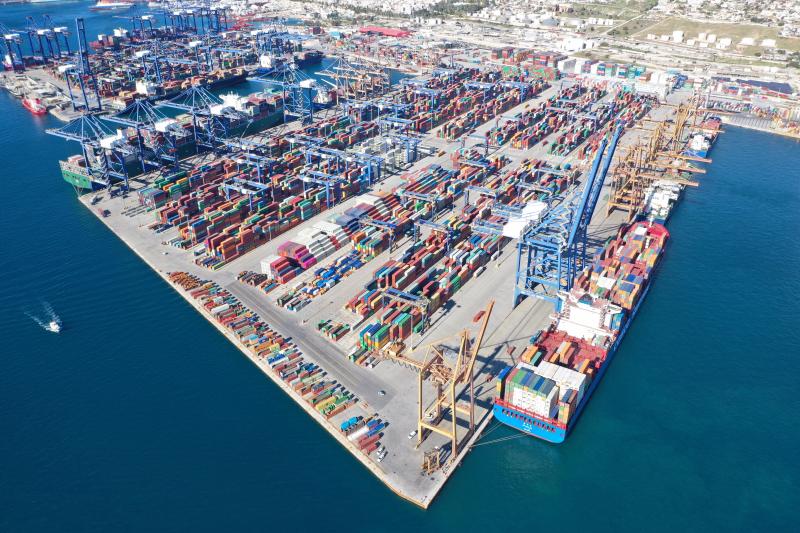Chinese FM's new European tour
- By George N. Tzogopoulos
 0 Comment(s)
0 Comment(s) Print
Print E-mail China.org.cn, November 4, 2021
E-mail China.org.cn, November 4, 2021

Chinese State Councilor and Foreign Minister Wang Yi is back in Europe. The trip comes roughly one year after his first European tour during the pandemic, when he visited Italy, France, Germany, the Netherlands and Norway. He made an additional stop to Italy and flew to Greece, Albania, and Serbia this time. The new visit demonstrates China's willingness to develop strong relations with several European states.
Italy and Greece are both EU and NATO member states, Albania is only a NATO member state, and Serbia does not belong to the EU or NATO. These characteristics generate different frameworks in which bilateral relations with China are evolving. Italy and Greece, for instance, have not received Chinese vaccines in the fight against COVID-19, whereas Albania and Serbia are recipients. Furthermore, Italy and Greece are aligning their economic policies with the so-called screening mechanism of the EU vis-à-vis investments from foreign countries, which is not an obligation for Albania and Serbia.
Different frameworks, however, do not limit the appetite of the four countries in strengthening ties with the second biggest economy in the world. The investment of COSCO Shipping in the Piraeus Port functions as a flagship project for the Belt and Road Initiative. In his joint press conference with Wang Yi, Greek Foreign Minister Nikos Dendias said that he was looking forward to the new investment project at the largest port in the Mediterranean, one of the largest in the world, perhaps the most historic one, and the expansion of economic activity that benefits the local society. A few weeks ago, the Greek Parliament approved the transfer of a 16% stake of the Piraeus Port Authority to COSCO Shipping.
Italy, for its part, the first G7 state to endorse the Belt and Road Initiative in March 2019, is currently seeing its relations with China through the prism of its G20 presidency. In this respect, China's role might be crucial in securing cooperation against the pandemic and better coordination of major powers in the hope of stabilizing Afghanistan after the withdrawal of American troops in August. Moreover, Milan will take the baton from Beijing in organizing the 2026 Winter Olympic Games.
As far as Albania and Serbia are concerned, they both envisage becoming EU members, and the former is some steps ahead. However, a recent European summit provided no firm timeline. Although the EU remains a commitment to the economic development of all countries belonging to Western Balkans, including Albania and Serbia, they are continuously looking to other players – not only China, but also Russia and Turkey – for development initiatives and infrastructure works. For example, Albanian President Ilir Meta spoke about the "great potential" of cooperation between Tirana and Beijing. President of Serbia Aleksandar Vucic sent a similarly positive message.
Looking towards the future, China will take stock of Wang Yi's European tour results, which did not include only the countries mentioned above but some other meetings in Rome on the sidelines of the G20 summit. His meeting with Dutch Prime Minister Mark Rutte is characteristic. The Chinese government is not ignoring the new geopolitical environment and wants to preserve good Sino-European relations.
As for stability, an analysis of regional parameters is necessary. Beyond themes of Sino-European relations themselves, Beijing is carefully looking into ongoing tensions in the Balkans. The apparent animosity between Albania and Serbia because of their severe disagreements over Kosovo falls into this category. A new wave of rivalry in the Balkan Peninsula will impact the 16+1 Initiative, where Albania and Serbia participate, and trade connectivity at the regional level.
George N. Tzogopoulos is a columnist with China.org.cn. For more information please visit:
http://m.keyanhelp.cn/opinion/GeorgeNTzogopoulos.htm
Opinion articles reflect the views of their authors, not necessarily those of China.org.cn.
If you would like to contribute, please contact us at opinion@china.org.cn.





